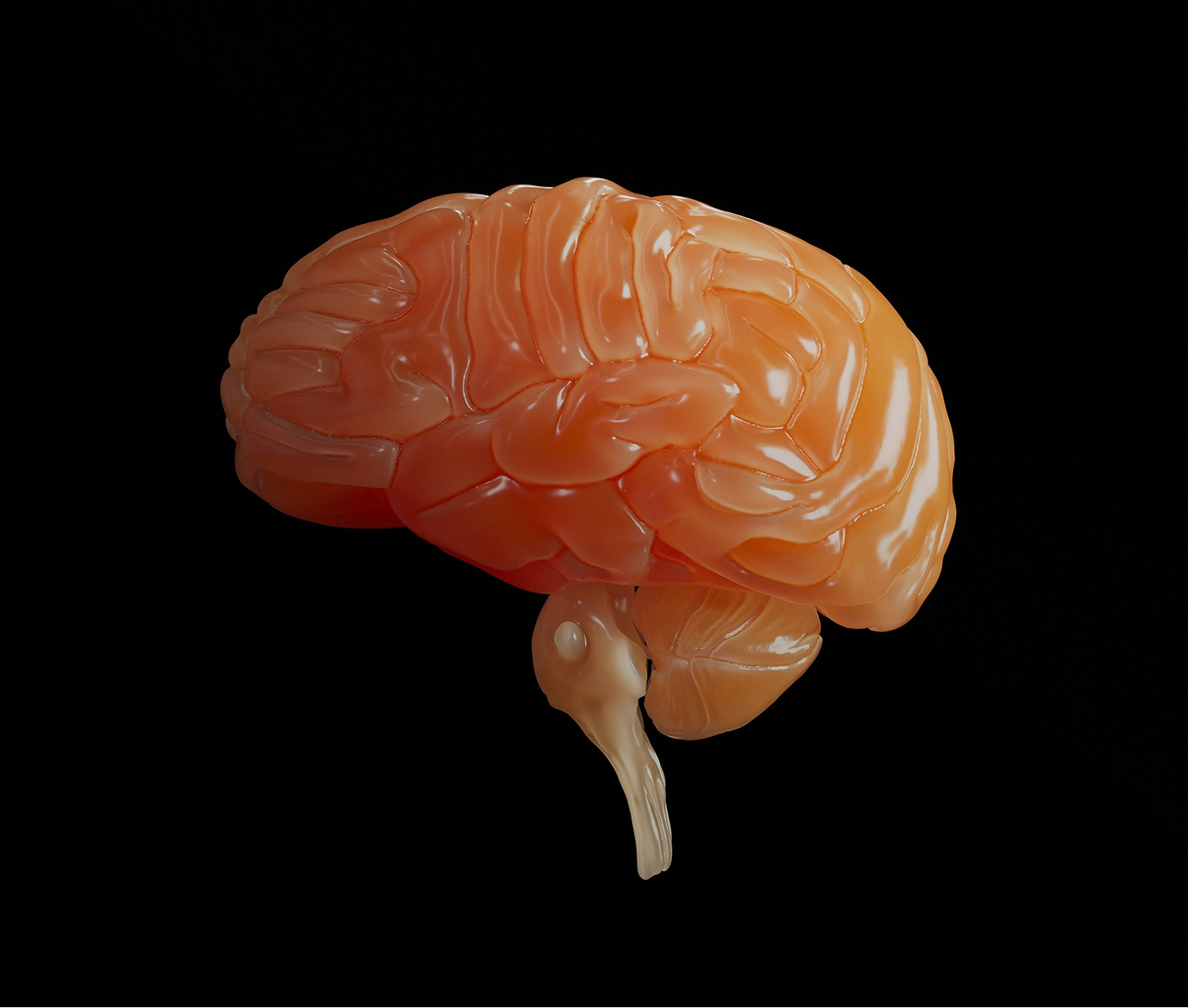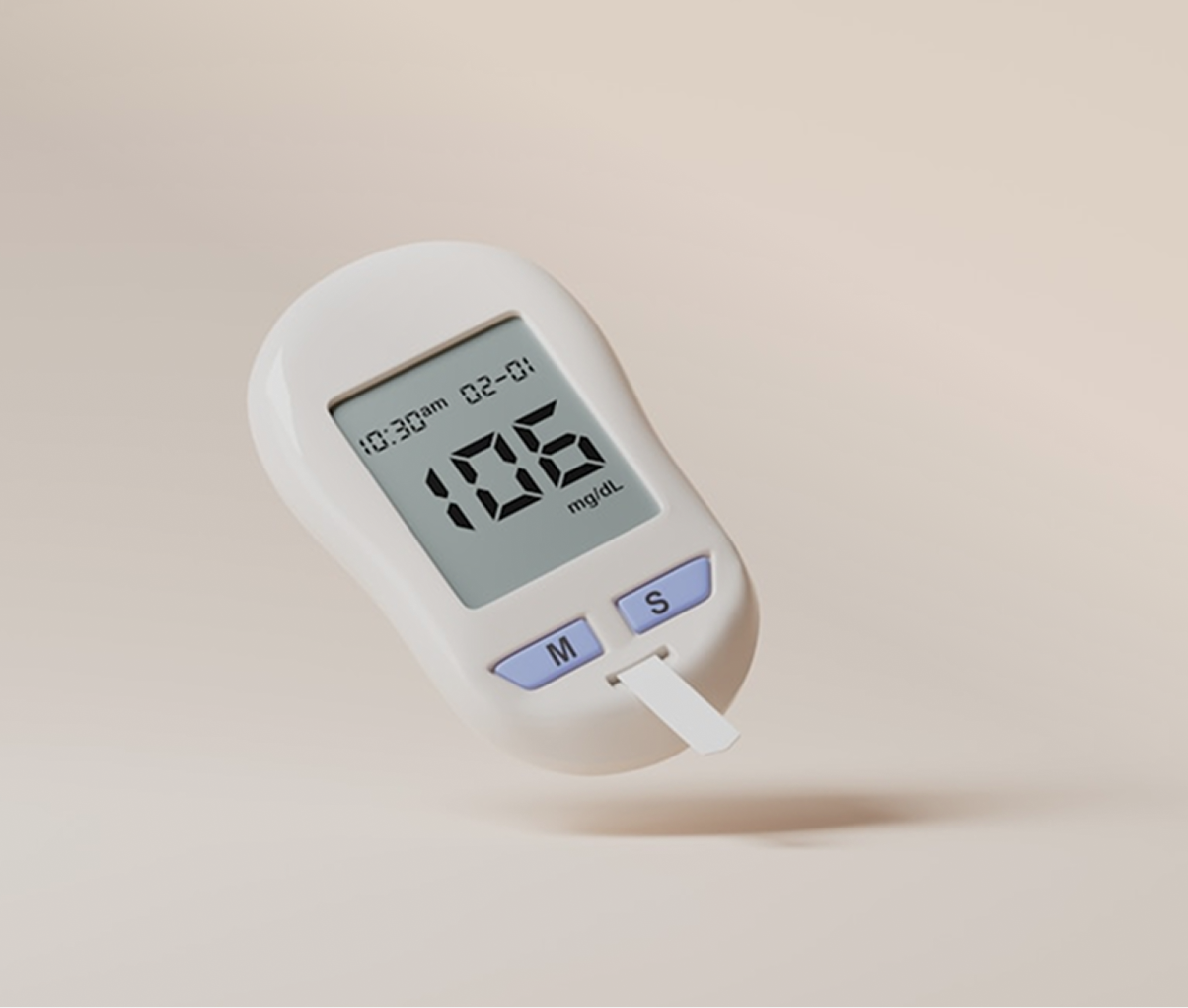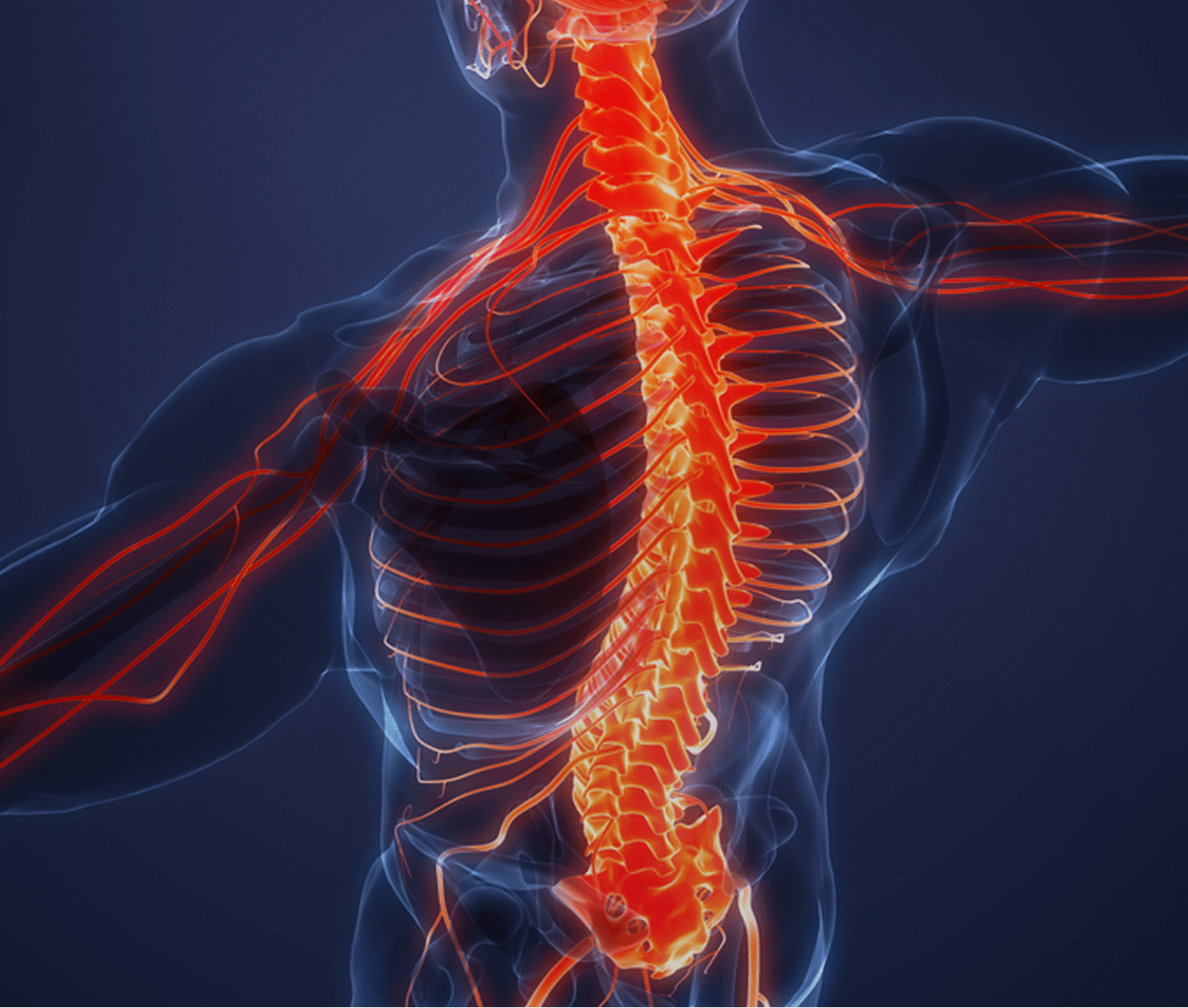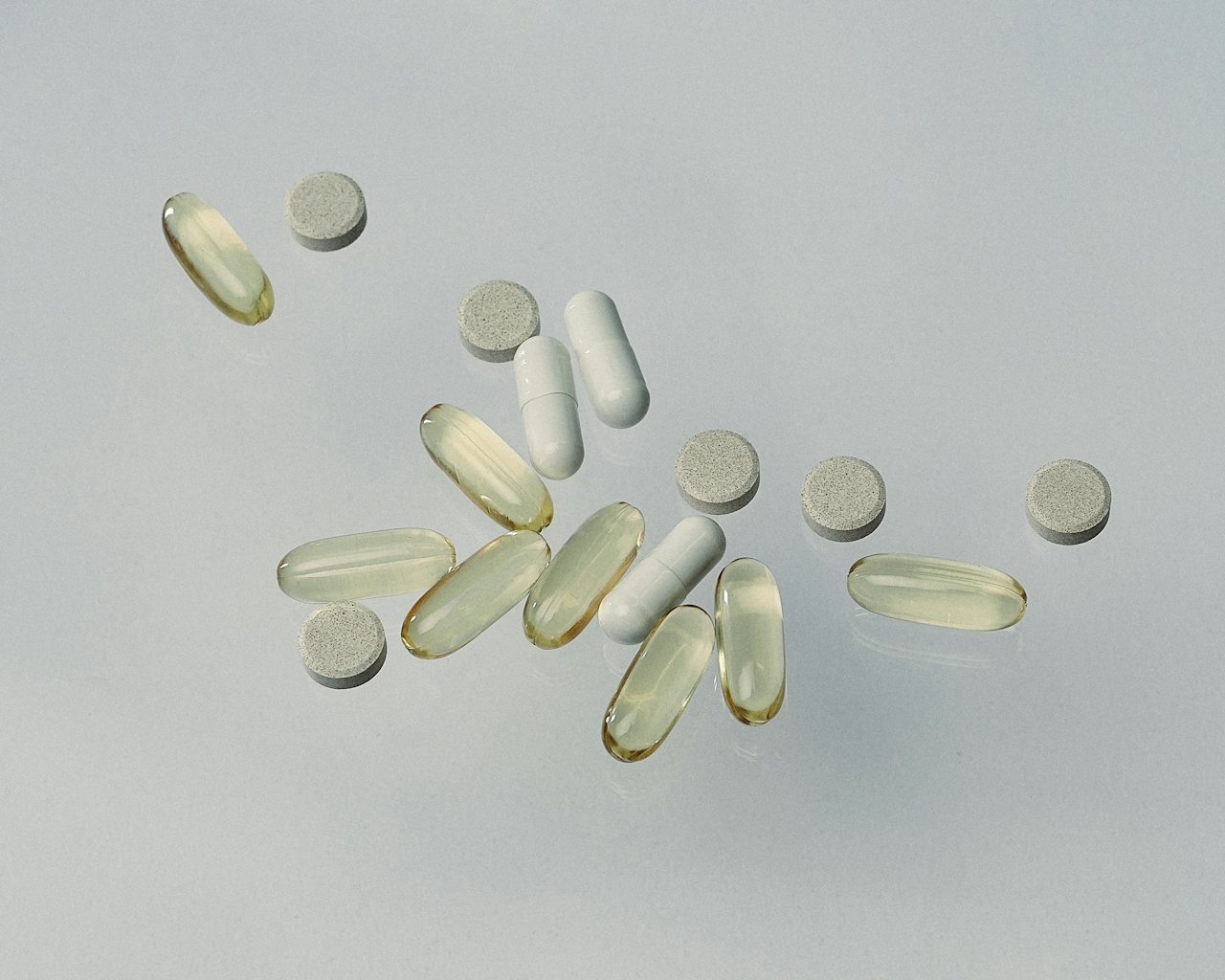
Last week, we went down the rabbit hole that is Protein. We compared the research, evaluated the data, and parsed through the talking heads on social media to give you a State of the Union on the most discussed macronutrient in health and longevity. But of course, individual questions remain. That’s why we bring in the experts.
Missed it? You can still catch up on Part 1 of The Protein Issue.
Our expert today is none other than Dr. Gabrielle Lyon, a board-certified family physician and pioneer in skeletal-muscle medicine—a transformative approach to aging and overall wellness. Dr. Lyon has established herself as a leading authority on protein metabolism, muscle health, and optimizing body composition.
If there's anyone who can answer your protein questions, it's Dr. Lyon, the author of the New York Times best-seller Forever Strong: A New, Science-Based Strategy for Aging Well.
QUESTION 1: WHAT ARE THE HACKS TO GET PROTEIN UP IF YOU DON’T WANT TO BECOME A CARNIVORE?
Getting the recommended amount of protein feels impossible unless I eat a filet mignon for breakfast, sirloin for lunch, and ribeye for dinner.
It is entirely possible to meet your protein needs without consuming steak at every meal, but it requires a strategic approach. A well-structured diet should emphasize high-quality, complete protein sources that provide the essential amino acids necessary for optimal muscle health and metabolic function.
A few practical strategies:
- Start the day with protein. Many people default to carbohydrate-heavy breakfasts, but incorporating eggs, Greek yogurt, cottage cheese, or a protein shake ensures an adequate protein intake early in the day.
- Diversify protein sources. Poultry, fish, eggs, and dairy are all excellent options, and they allow for variety without requiring red meat at every meal.
- Utilize convenience options. Canned tuna, smoked salmon, rotisserie chicken, and lean deli meats can provide high-quality protein without extensive preparation.
- Leverage supplementation when necessary. Protein powders can be useful, particularly for those with high protein demands or those who struggle to meet their intake through whole foods alone.
Regarding plant-based options, while they do contain protein, they are generally not optimal as primary protein sources due to their lower leucine content and incomplete amino acid profiles. Additionally, they often come with a higher carbohydrate or fat load, meaning one would need to consume more calories to meet protein requirements. While they can certainly complement a well-rounded diet, I don’t believe they should serve as a replacement for high-quality animal-based protein sources.
QUESTION 2: DO YOU HAVE ANY TIPS TO HELP IDENTIFY WHICH SUPPLEMENTS WILL BE EASIER FOR MY DIGESTIVE SYSTEM TO PROCESS?
Protein supplements like powders and bars often upset my stomach. Are they impacting my gut microbiome?
Many individuals experience digestive discomfort from protein supplements, which may be due to lactose intolerance, artificial additives, or poorly tolerated ingredients such as gums and sugar alcohols. Additionally, some plant-based protein powders can be difficult for some individuals to digest.
If digestive distress occurs, it may be beneficial to:
- Opt for hydrolyzed whey or whey isolate, as these forms contain minimal lactose and are easier on digestion.
- Choose protein powders with minimal ingredients to eliminate potential triggers.
- Avoid sugar alcohols and gums, which can interact with the gut microbiome and lead to bloating.
- Introduce digestive enzymes, particularly proteases or lactase, to support digestion.
- Gradually introduce supplementation rather than making abrupt changes to protein intake.
While some protein powders and bars may have an impact on the gut microbiome, a diet primarily based on whole, nutrient-dense foods will be the greatest determinant of long-term gut health.
QUESTION 3: WHAT ARE THE BEST TIPS FOR GETTING PROTEIN IN FOR YOUR LITTLE ONES?
WHAT DOES A DAY OF MEALS LOOK LIKE FOR KIDS?
Ensuring that children consume sufficient protein is essential for growth, cognitive function, and metabolic health. Since many children gravitate toward carbohydrate-heavy meals, parents should be intentional about incorporating high-quality protein at every meal.
Some effective strategies include:
- Incorporating familiar foods. Eggs, Greek yogurt, cheese, and lean meats can be easily integrated into meals that children already enjoy.
- Using protein-rich snacks. String cheese, meat sticks or jerky, hard-boiled eggs, peanut butter with fruit, or cottage cheese can provide both protein and essential micronutrients.
- Making protein more palatable. Finding ways to incorporate protein in a way that is acceptable is a great hack. Homemade chicken strips, high-quality deli meats, or homemade protein pancakes can make protein intake more enjoyable.
A sample day of balanced meals might include:
- Breakfast: Scrambled eggs with whole-grain toast and a side of Greek yogurt with berries.
- Snack: A protein smoothie.
- Lunch: Turkey and cheese roll-ups with hummus and vegetables.
- Snack: Cottage cheese with fruit.
- Dinner: Baked salmon with roasted vegetables and rice.
The key is consistency and variety, ensuring that protein intake remains adequate as children develop lifelong dietary habits. Just because they don’t accept a food the first time doesn’t mean they’ll always turn away from it. Don’t be afraid to introduce or include a food many times—they might surprise you!
QUESTION 4: DOES EATING MORE PROTEIN HELP WITH THINGS LIKE PMS OR OTHER HORMONAL IMBALANCES?
Yes, protein plays a crucial role in all processes in the body. Amino acids serve as the building blocks for hormones, neurotransmitters, and enzymes, all of which contribute to metabolic function, mood regulation, and reproductive health.
Adequate protein intake supports:
- Blood sugar stability, reducing PMS-related cravings and mood swings.
- Thyroid function, which regulates metabolism and energy levels.
- Muscle and metabolic health, which is particularly important in PCOS and perimenopause.
- Neurotransmitter production, improving mood, cognitive function, and stress resilience.
Women who struggle with PMS, perimenopause, or other conditions like PCOS often benefit from increasing protein intake, particularly in the first meal, to regulate blood sugar and optimize metabolic function throughout the day.
HUNGRY FOR MORE?
- Be careful who you are getting your health advice from.
- Eat these for dinner and still reap the benefits at breakfast.
- If you want to build muscle, don’t ignore this (it might surprise you).
- The adult human brain contains how much plastic?
- Where does fat go when you lose weight?
|
Disclaimer: This newsletter is provided for educational and informational purposes only and does not constitute providing medical advice or professional services. The information provided should not be used for diagnosing or treating a health problem or disease, and those seeking personal medical advice should consult with a licensed physician.
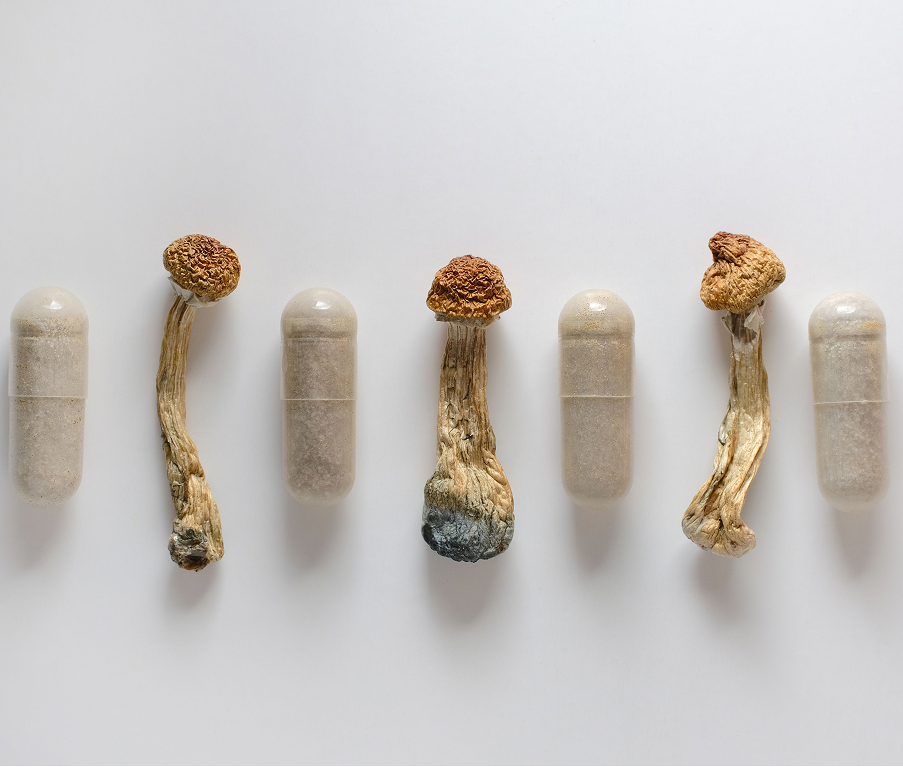
February 20, 2026

February 14, 2026

February 6, 2026

January 31, 2026

January 23, 2026

January 16, 2026

January 9, 2026












